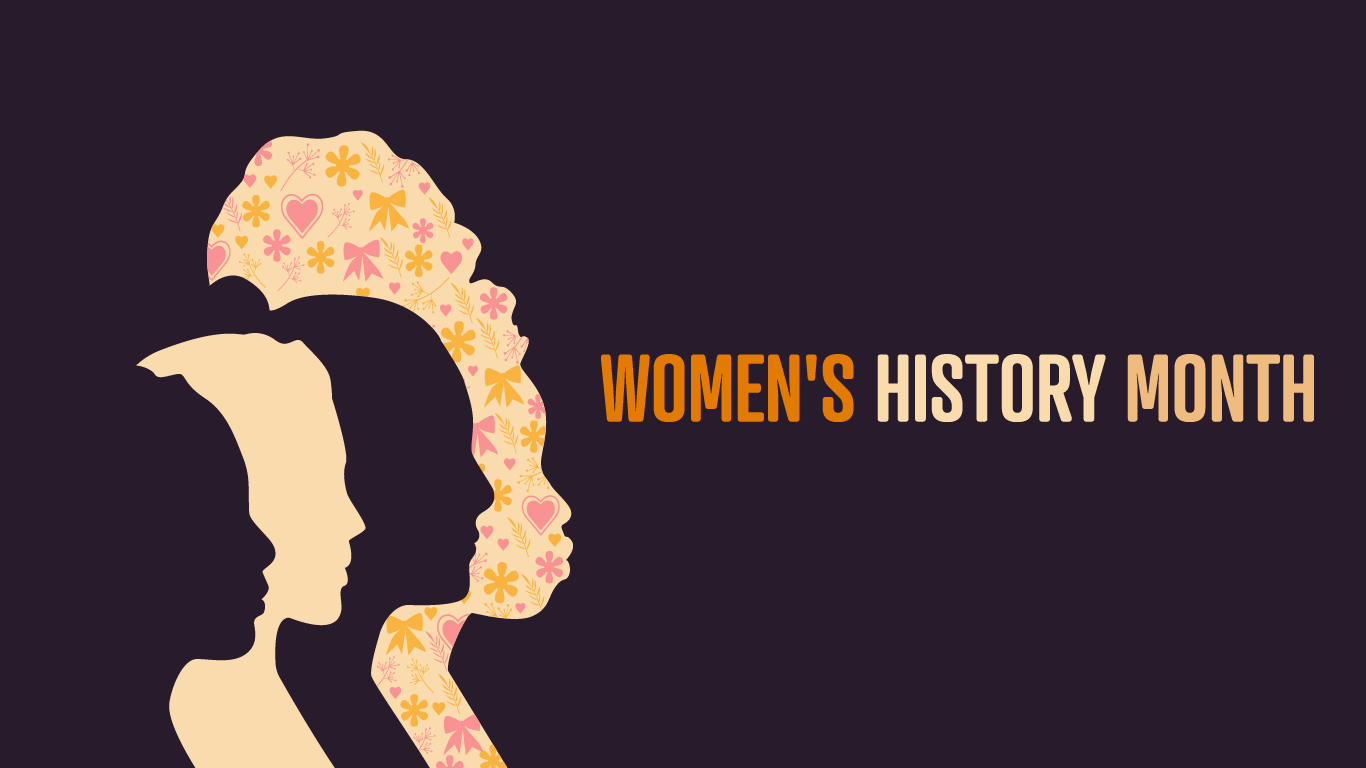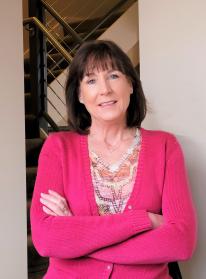WHM Aquarius
Celebrating Women’s History Month: Client Profile
Learn more about events, tools, and resources to help women entrepreneurs and executives accelerate their exporting journey by visiting our Women’s Global Trade Empowerment webpage. For more information about any of the services mentioned below, or to get help exporting your product or service, contact your local U.S. Commercial Service office!
Jane Dauffenbach
President
Company: Aquarius Systems Division of D&D Products Inc
Location: North Prairie, Wisconsin
About Aquarius Systems: Aquarius Systems manufactures Surface Water Management Equipment to provide clean enjoyable water worldwide. The machines include Marine Trash Skimmers, Aquatic Plant Harvesters and Aquatic Vegetation Shredders that are used to improve navigation, transportation, fishing, and recreation in lakes, rivers, reservoirs, ports, and harbors.
How long has your company been exporting?
“Our company’s first export experience was in 1970, when we produced 13 aquatic plant harvesters for Iceland to harvest sea kelp. From there we worked with a distributor in Europe for many years, and later reached out on our own to the Far East, Africa, South America, India and other parts of the world. We have supplied equipment to about 50 countries.”
As a women-owned or women-led business, what unique challenges has your company encountered with exporting?
“As equipment manufacturers, our company defaults into what has traditionally been a male-dominated field. We have come very far but in many ways it is still a man’s world. This is true for most developing nations; but women in business are still exotic in some developed countries too. I have had meetings where a man present would position his chair perpendicular to mine, rather than sit next to me. Other times they seemed truly baffled on what to do with me! The discomfort is on their side, is cultural, and after years of experience I understand it and don’t take offense. With professionalism, respect, and often a sense of humor, we manage to get the business done, and both sides come away having learned something new. My experience is that outside of North America there exists three official sexes: Men, Women, and American Women!”
How has the U.S. Commercial Service helped you overcome exporting challenges?
“We have worked with the U.S. Commercial Services offices around the world, both formally and informally, for many years. They help us understand the local conditions and guide us to the tools we might leverage in a transaction, like the Ex-Im Bank, the DFC, Advocacy; or by connecting us to liaisons to the development banks as needed. More importantly, we have kept the local Commercial Services office informed of any odd developments on riskier projects in case we needed fast assistance. One specific example was in Nigeria, when a bank there wouldn’t pay what was legally due to us under a letter of credit. Our Commercial Services contact knew the bank president, as well as the country manager from the American advising bank on the L/C. We emailed him a summary of the situation and copied both of his banking contacts, and were paid within a week.”
What is your favorite thing about being a woman exporter?
“I haven’t really thought of myself as a woman exporter. On the other hand, the world sees me as an “American Woman,” so there’s that! Though there are times when doors were probably closed and we lost business due to my being female, I guess the best part of it is the chance to leverage the fact that I’m different, which is an asset. I certainly stand out in this field of work so perhaps am more memorable than just another salesman. And in some cultures, the men have an ancient and proud sense of civility towards women and actually take more time to explain the project circumstances to them than they would with another man. One must evaluate each situation and apply one’s strengths accordingly.”
What advice would you give other women-owned or led businesses looking to expand their international sales?
Start the journey with your local U.S. [Commercial Service] office who will educate you on the steps towards creating an export plan and the export tools that are available. Join the local International Trade organizations in your area to network with others and learn from them. Connect with your State’s Trade Office to learn about any exporting resources that exist - you may even find a grant is available to assist. Go through an export education and training program, like ExporTech. And you will have to understand the rules around export compliance. At first all the information is overwhelming, but keep pecking at it, and always reach out and question your new colleagues when you come up against something you don’t understand.”
What would you consider your greatest export success?
“We are always looking forward, but when I look back I can’t limit the answer to just one experience! We completed three different projects in Nigeria, a historically challenging market. In the height of the Iraq war we supplied harvesting equipment and multiple aquatic vegetation shredders for their irrigation scheme on the Tigris and Euphrates Rivers. We successfully completed a high-profile contract on Kenyan Lake Victoria that was financed by the World Bank. More recently we supplied equipment to Malawi that was financed by the Millennium Challenge Corporation. And we just won a multi-year contract with the United Nations to supply aquatic vegetation shredders that will enable them to deliver supplies to remote villages. Each of these experiences was built on top of the previous one. The fact that we are able to help people around the world improve and restore their waterways is our greatest export success.”

